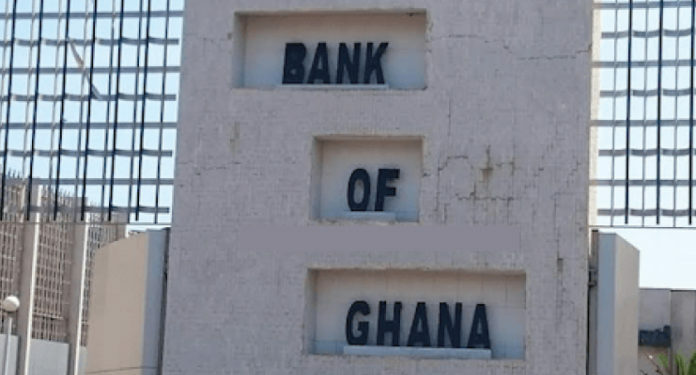Hike in cash reserve ratio, policy rate and how they affect liquidity
The cash reserve ratio is the percentage of deposits that banks must hold in reserve as cash, rather than lending it out. By increasing the cash reserve ratio from 12 per cent to 14 per cent, the Central Bank is reducing the amount of funds that banks have available for lending, which will likely lead to higher interest rates and a reduction in credit availability.
This is because banks will now have to hold more cash in reserve, reducing the amount of money they can lend out to borrowers. As a result, businesses and individuals may find it harder to access credit, which can slow down economic growth.
Additionally, the increase in the policy rate from 28 per cent to 29.5 per cent means that banks will now charge higher interest rates on loans to their customers.
This will increase the cost of borrowing, which will make it more difficult for borrowers to pay back their loans.
Cost of borrowing
This can result in defaults and loan losses for banks, leading to further liquidity pressures on the financial sector.
The overall effect of the Central Bank’s action in increasing the cash reserve ratio and policy rate is likely to worsen the already challenging situation faced by banks and non-bank financial institutions in Ghana.
Firstly, the increase in the cash reserve ratio means that banks are required to hold a higher percentage of their deposits with the central bank.
This reduces the amount of money that banks have available to lend to customers, which can lead to a reduction in credit availability, particularly for businesses and individuals who are already struggling due to the economic impact of the debt restructuring programme.
Additionally, the increase in the cash reserve ratio can put further pressure on banks’ liquidity positions, as they may need to access additional funding to meet the new reserve requirements.
The difference between the government treasury bill rate at 19.5 per cent and the policy rate at 29.5 per cent is known as the spread, and it represents the additional cost to banks of borrowing from the central bank. When the policy rate is higher than the treasury bill rate, banks must pay a higher interest rate to borrow funds from the central bank.
This means that banks must acquire deposits at the higher policy rate, which includes a margin, and place those funds in the cash reserve at the lower treasury bill rate. This creates a squeeze on banks’ margins, as they are earning a lower return on their cash reserves than the interest rate they are paying on deposits. This can lead to a reduction in banks’ profitability and liquidity, which can in turn affect their ability to lend to customers and contribute to financial instability.
Policy rate implications
Secondly, the increase in the policy rate is likely to increase the cost of borrowing for businesses and individuals.
This can lead to a decrease in demand for credit, as borrowers may find it more difficult to service their existing loans or may decide to delay taking out new loans. This could have negative consequences for economic growth, as businesses may struggle to access the financing they need to invest and expand.
Moreover, the combination of these two measures will put additional pressure on the profitability of banks and non-bank financial institutions. As the cost of borrowing increases, some customers may default on their loans, leading to higher levels of non-performing loans.
Additionally, the increase in the cash reserve ratio will reduce the amount of money that banks have available to lend, potentially leading to a decline in their net interest margins. This can have a knock-on effect on their ability to attract and retain customers, as they may be forced to offer less attractive rates or services.
Conclusion
In effect, the high cost of borrowing can also discourage customers from taking out loans, which can have negative effects on economic growth and development. Therefore, policymakers must balance the need to control inflation with the need to maintain financial stability and support economic growth.
In summary, the Central Bank’s actions to increase the cash reserve ratio and policy rate are likely to exacerbate the already challenging economic environment in Ghana, particularly for the financial sector. It is important for policymakers and stakeholders to work together to find solutions that support financial stability and promote sustainable economic growth.








